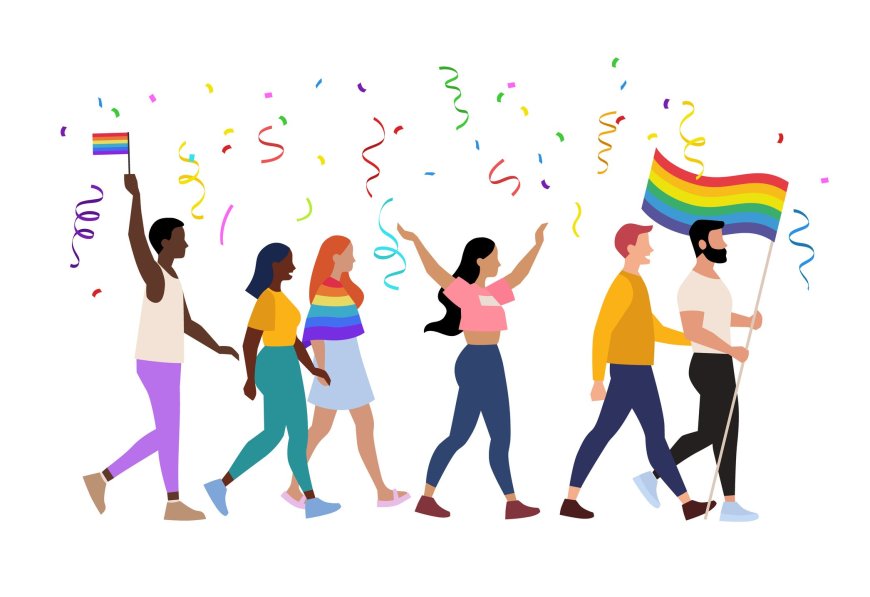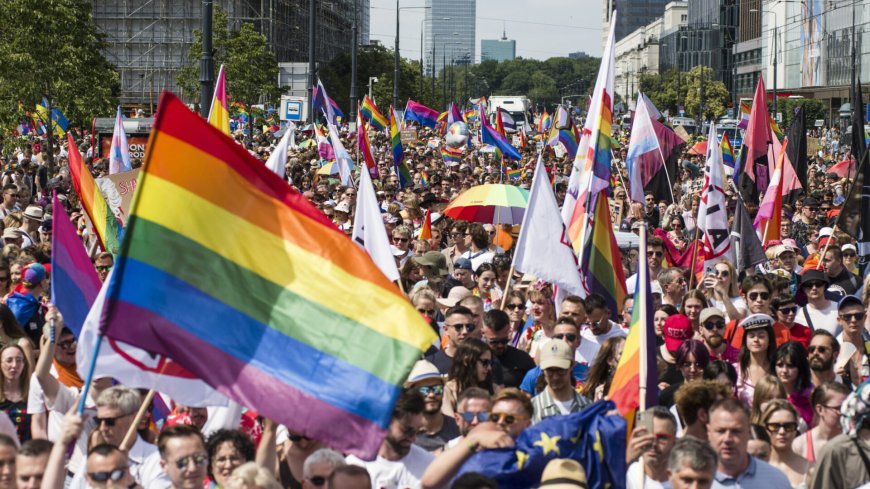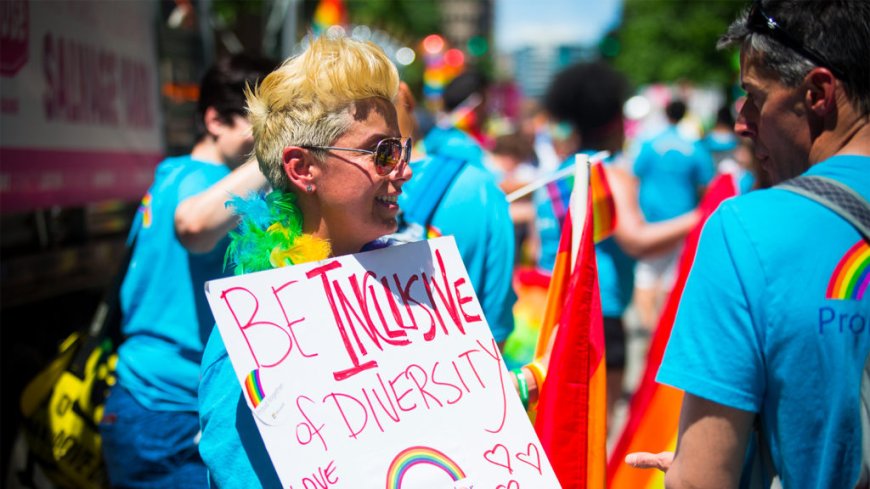LGBTQ+ Experiences Across Cultures and Borders
Explore the diverse experiences of LGBTQ+ individuals across different cultures and countries. Understand the challenges, acceptance, and cultural influences shaping queer lives worldwide.<

LGBTQ+ Experiences Across Cultures and Borders
The experiences of LGBTQ+ individuals vary greatly across different cultures and countries, shaped by unique histories, social norms, laws, and cultural attitudes. While some societies have made significant strides toward acceptance and equality, others continue to pose severe challenges, including legal persecution and social ostracization. Understanding these diverse experiences is essential to fostering global solidarity and promoting human rights for all.

Cultural Diversity in Understanding LGBTQ+ Identities
Across the world, cultural definitions of gender and sexuality can differ widely. In some Indigenous cultures, non-binary or third-gender identities have long been recognized and respected. For example, the Two-Spirit identity in many Native American tribes represents a sacred, respected role that blends masculine and feminine traits. In contrast, many Western societies have only recently begun to recognize non-binary and transgender identities as valid. These cultural differences highlight that LGBTQ+ experiences are not monolithic but rich with diversity.
Legal Landscapes: Protection vs. Persecution
The legal environment for LGBTQ+ people varies dramatically around the globe. In many Western countries, laws protect LGBTQ+ rights, including marriage equality, anti-discrimination protections, and adoption rights. Conversely, in numerous countries, homosexuality remains criminalized, sometimes punishable by imprisonment or even death. These legal realities profoundly impact the safety, well-being, and visibility of LGBTQ+ individuals, shaping how they live and express their identities.
Social Acceptance and Community Support
Social acceptance is another crucial factor influencing LGBTQ+ experiences worldwide. In cultures with strong family or community ties, individuals may face pressure to conform to heteronormative standards or risk alienation. However, many have created resilient queer communities that provide support, safety, and advocacy, even in hostile environments. Social media and international networks have further empowered LGBTQ+ individuals to connect, share experiences, and organize for rights.

Challenges Faced by LGBTQ+ Migrants and Refugees
LGBTQ+ people who migrate or seek asylum often face compounded challenges. They may flee persecution due to their identity but encounter discrimination, language barriers, and legal obstacles in host countries. Access to culturally competent healthcare, mental health support, and legal protection is often limited, making this group particularly vulnerable. International organizations are increasingly recognizing the need for specialized support tailored to LGBTQ+ migrants and refugees.
The Role of Religion and Tradition
Religion and tradition play significant roles in shaping attitudes toward LGBTQ+ identities. Some religious institutions have embraced inclusive interpretations and support LGBTQ+ rights, while others maintain conservative views that fuel stigma and exclusion. Navigating these dynamics is complex for LGBTQ+ individuals who seek to reconcile faith and identity or challenge traditional norms.
Global LGBTQ+ Activism and Solidarity
Despite challenges, global LGBTQ+ activism continues to grow, promoting human rights, legal reforms, and cultural change. International Pride events, online campaigns, and cross-border collaborations highlight shared struggles and victories. Solidarity among LGBTQ+ communities worldwide strengthens advocacy and fosters a sense of belonging across diverse cultural contexts.
Conclusion
LGBTQ+ experiences across cultures and borders are diverse and multifaceted, shaped by intersecting factors including law, culture, religion, and community. Recognizing and respecting this diversity is essential to advancing global equality and ensuring that all LGBTQ+ individuals can live authentic, safe, and fulfilling lives. By learning from each other’s experiences, we can build a more inclusive and compassionate world.











